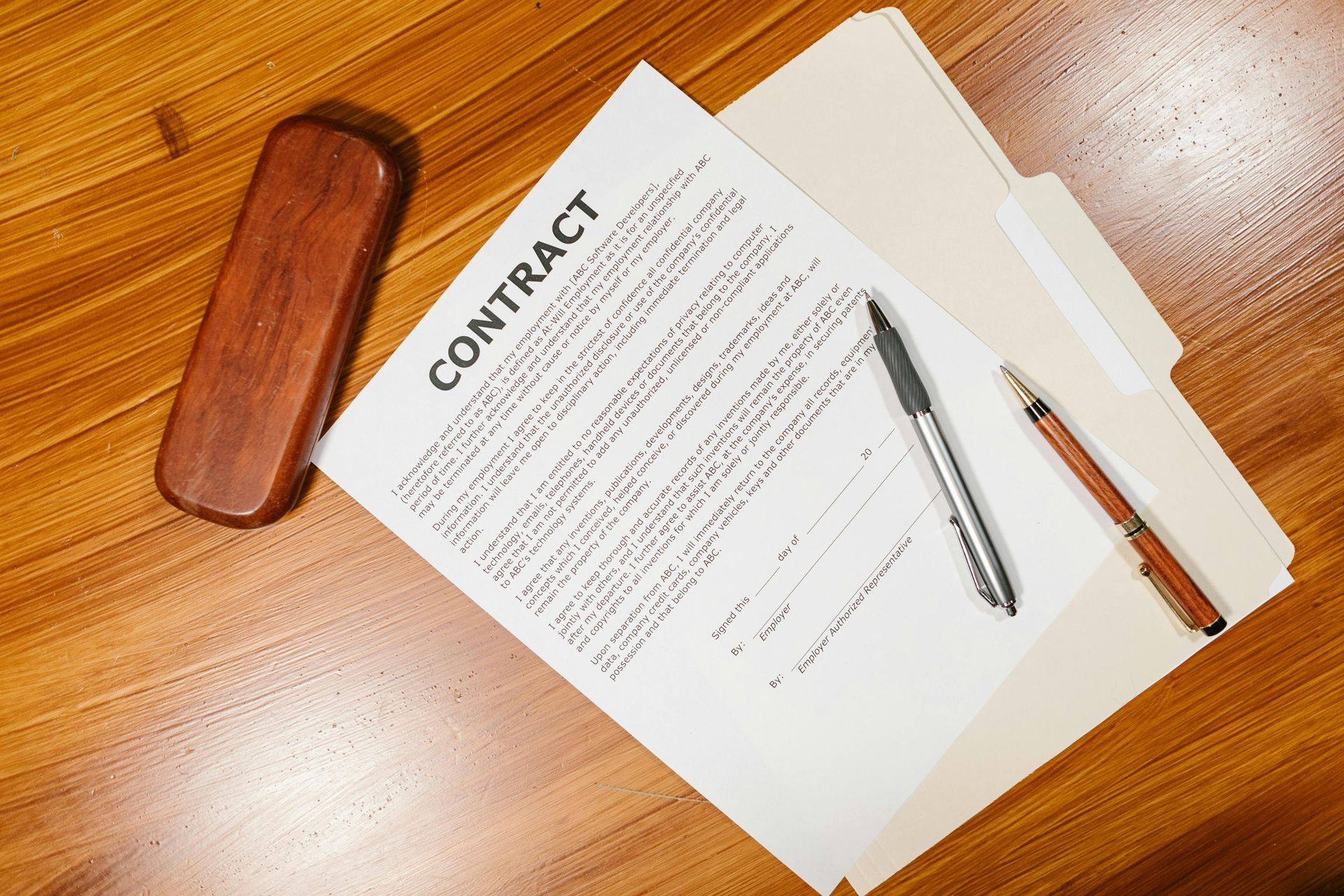FHA Fix and Flip Loans: What Every Homebuyer Needs to Know About the 90-Day Rule and Dual Appraisal Requirements
The dream of homeownership often leads buyers to consider properties that have been recently renovated or “flipped.” While these homes can offer modern updates and move-in-ready convenience, purchasing a flipped property with an FHA loan comes with specific rules and requirements that every buyer should understand. As your trusted mortgage broker, we’re here to guide you through the complex landscape of FHA fix and flip regulations, ensuring you’re fully prepared for this unique buying scenario.

Understanding the FHA 90-Day Rule
One of the most important regulations governing FHA loans on flipped properties is the 90-day ownership rule. This Federal Housing Administration guideline states that if a seller has owned a property for fewer than 90 days, special restrictions and requirements apply to any FHA-financed purchase.
The 90-day rule exists to protect both buyers and the FHA insurance fund from potential fraud and inflated property values. When investors purchase distressed properties, renovate them quickly, and immediately resell them at significantly higher prices, the FHA wants to ensure that the increased value is legitimate and reflects actual improvements rather than artificial price inflation.
For homebuyers, this means that if you’re interested in purchasing a property where the current owner acquired it less than 90 days ago, you’ll need to navigate additional requirements and waiting periods. In many cases, FHA lenders will require the seller to have owned the property for at least 90 days before an FHA loan can be approved for the purchase.
However, there are exceptions to this rule. If the seller can demonstrate that the property was inherited, acquired through a divorce settlement, or obtained through other non-market transactions, the 90-day rule may not apply. Additionally, properties sold by government agencies or non-profit organizations may be exempt from these restrictions.
The Dual Appraisal Requirement: When One Appraisal Isn’t Enough
Perhaps the most significant challenge when purchasing a flipped property with an FHA loan occurs when the selling price represents a 100% or greater increase from the seller’s original purchase price. In these situations, the FHA requires not one, but two independent appraisals to verify the property’s value.
This dual appraisal requirement serves as a crucial safeguard against overvalued properties. When a property’s value has doubled or more during the seller’s ownership period, the FHA wants additional verification that this increase is justified by legitimate improvements, market conditions, and comparable sales data.
The second appraisal must be conducted by a different licensed appraiser who has no connection to the first appraiser, the lender, or any other parties involved in the transaction. Both appraisals must support the contract price for the FHA loan to be approved. If there’s a significant discrepancy between the two appraisals, additional review and potentially a third appraisal may be required.
Critical Detail: Who Pays for the Second Appraisal?
Here’s where many buyers and even some mortgage professionals get confused: when the FHA requires a second appraisal due to the 100% value increase threshold, the buyer cannot pay for this additional appraisal. This is a firm FHA guideline designed to maintain the independence and objectivity of the appraisal process.
Instead, the cost of the second appraisal must be covered by either the seller, the real estate agent, or another party to the transaction – but never the buyer. This rule exists to prevent buyers from having a financial incentive to influence the appraisal outcome and to ensure that the appraisal process remains unbiased.
For buyers, this means you need to understand upfront that while you won’t pay for the second appraisal directly, the requirement could impact your transaction timeline and the seller’s willingness to proceed with the sale. Some sellers may be reluctant to cover the additional appraisal cost, while others may factor this expense into their pricing strategy.
Why Market Timing and Documentation Matter
The 90-day rule and dual appraisal requirements aren’t just bureaucratic hurdles – they reflect real market dynamics and risk factors. Properties that have been purchased and resold quickly, especially at dramatically higher prices, require additional scrutiny to ensure that buyers are making sound investments.
Successful navigation of these requirements often depends on thorough documentation of all improvements made to the property. Sellers who maintain detailed records of renovation costs, permits, and before-and-after photographs are more likely to justify significant value increases. As a buyer, you should request this documentation and review it carefully with your mortgage broker and real estate agent.
Additionally, understanding local market conditions is crucial. In rapidly appreciating markets, even significant value increases may be supported by overall market trends rather than just improvements to the specific property. Your mortgage broker can help you analyze whether the property’s value increase aligns with broader market patterns.
The Importance of Working with Experienced Professionals
Navigating FHA fix and flip rules requires expertise that goes far beyond basic mortgage lending knowledge. These regulations involve nuanced interpretations, specific documentation requirements, and coordination between multiple parties. This is why working with an experienced mortgage broker who specializes in FHA lending is not just helpful – it’s essential.
An knowledgeable mortgage broker brings several critical advantages to your transaction:
Regulatory Expertise: We stay current on all FHA guideline changes and interpretations, ensuring your loan meets all requirements from application to closing.
Timeline Management: Understanding the 90-day rule and dual appraisal requirements allows us to build realistic timelines and set proper expectations for all parties involved.
Problem-Solving Experience: When complications arise – and they often do with flipped properties – experienced brokers know how to navigate challenges and find solutions that keep your transaction on track.
Network Coordination: We work with appraisers, underwriters, and closing agents who understand these specialized requirements, reducing the likelihood of delays or misunderstandings.
Cost Transparency: We ensure you understand all costs upfront, including who’s responsible for additional appraisals and other potential expenses unique to flipped property purchases.
Red Flags to Watch For
When considering a flipped property, certain warning signs should prompt additional caution and thorough investigation:
Properties with minimal documentation of improvements or permits often struggle to justify significant value increases. Quality renovations should be supported by proper permits and professional workmanship that can withstand appraiser scrutiny.
Be wary of properties where the seller seems evasive about ownership timeline or improvement costs. Legitimate flippers typically have detailed records and are transparent about their investment and renovation process.
Prices that seem dramatically higher than comparable properties in the area may indicate artificial inflation rather than genuine value creation. Your mortgage broker can help you analyze whether the asking price aligns with market data and recent comparable sales.
Making Informed Decisions in the Fix and Flip Market
Despite the additional requirements and potential complications, flipped properties can represent excellent opportunities for homebuyers. Many offer updated systems, modern finishes, and move-in-ready convenience that would be costly and time-consuming to achieve through your own renovations.
The key is approaching these purchases with full knowledge of the FHA requirements and realistic expectations about the process. Working with professionals who understand these specialized rules ensures that you can take advantage of opportunities while protecting yourself from potential pitfalls.
Your mortgage broker should provide detailed explanations of all requirements, realistic timelines, and transparent communication throughout the process. We should also help you evaluate whether the additional complexity and potential delays associated with FHA financing of flipped properties align with your homebuying goals and timeline.
Conclusion: Knowledge Is Your Best Investment
The FHA’s fix and flip rules exist to protect buyers and maintain the integrity of the housing finance system. While these regulations can add complexity to your home purchase, understanding them empowers you to make informed decisions and avoid costly surprises.
Remember that the 90-day ownership rule and dual appraisal requirements for properties with 100% or greater value increases are just two aspects of a comprehensive regulatory framework. Each transaction brings unique challenges and opportunities that require professional expertise to navigate successfully.
By working with a mortgage broker who specializes in FHA lending and understands the intricacies of fix and flip regulations, you gain a valuable advocate who can guide you through the process, manage complications, and help you achieve your homeownership goals. In the complex world of real estate financing, this expertise isn’t just valuable – it’s indispensable.
Your journey to homeownership deserves professional guidance that goes beyond basic loan processing. Choose a mortgage broker who brings the specialized knowledge and experience necessary to turn your home buying dreams into reality, even when navigating the unique challenges of FHA fix and flip purchases.
Start Your Mortgage Application with Treasure Coast Home Loans
Your Local Mortgage Broker
Mortgage Broker Port St. Lucie, Florida
Learn More About the Mortgage Process.
Check Out Our Google Verified Reviews










